
Study: Magnesium Could Have Calming Effects
A recent study showed that magnesium supplementation can significantly slow horses’ reaction speed responses.

A recent study showed that magnesium supplementation can significantly slow horses’ reaction speed responses.

Find out what the equine genome can tell us about our horses and preventing genetic disease.

Many conditions common to foals can contribute to or cause auditory dysfunction. Here’s what to watch for.

An equine behavior expert addresses contradictory characteristics between foals out of one mare born different years.

In response to a reader question Dr. Nancy Diehl shares insight on equine maternal instincts, foal stealing, and more.

An equine behavior expert offers training tips for making trailer loading drama free.

Researchers recently took a closer look at how horses use their faces and ears to communicate with herdmates.
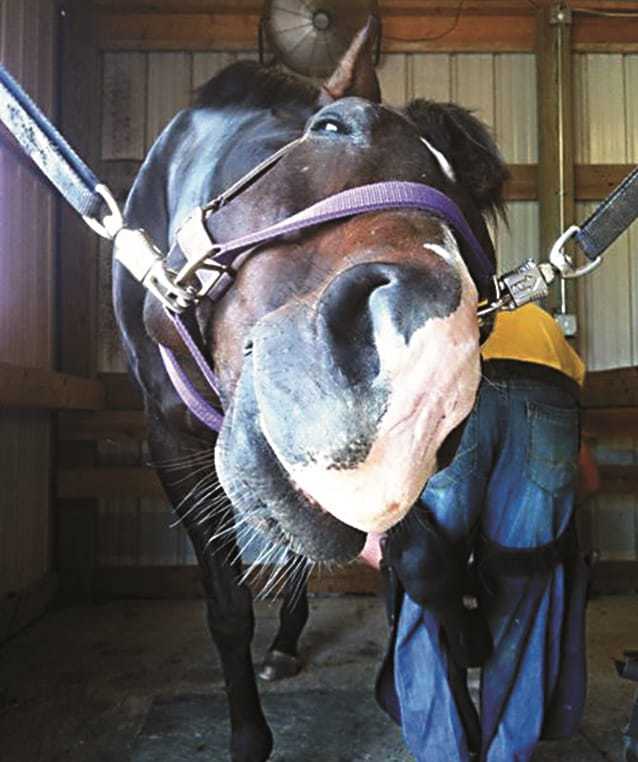
Learn why one gelding acts odd during farrier visits.

Find out what to expect as your mare goes into labor and during your foal’s first hours of life.
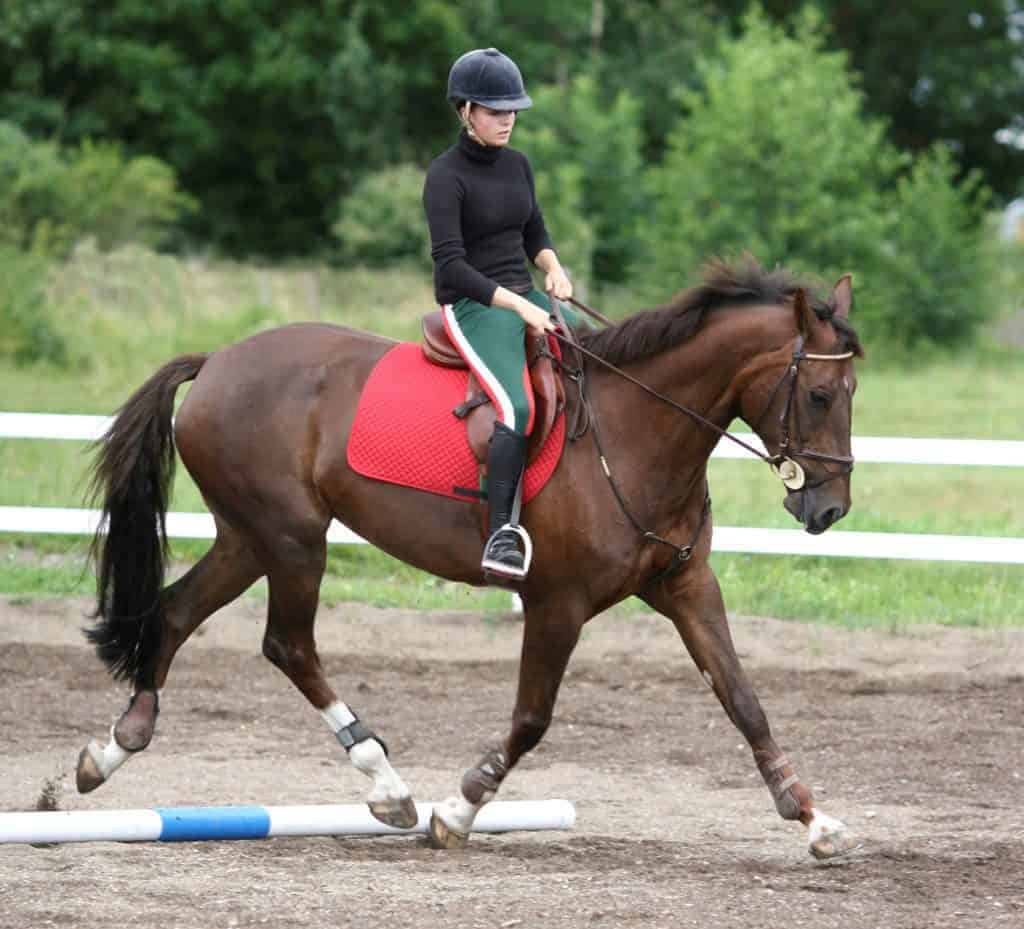
Of the 700 respondents, 522 (75%) said yes, they have started a horse under saddle themselves.
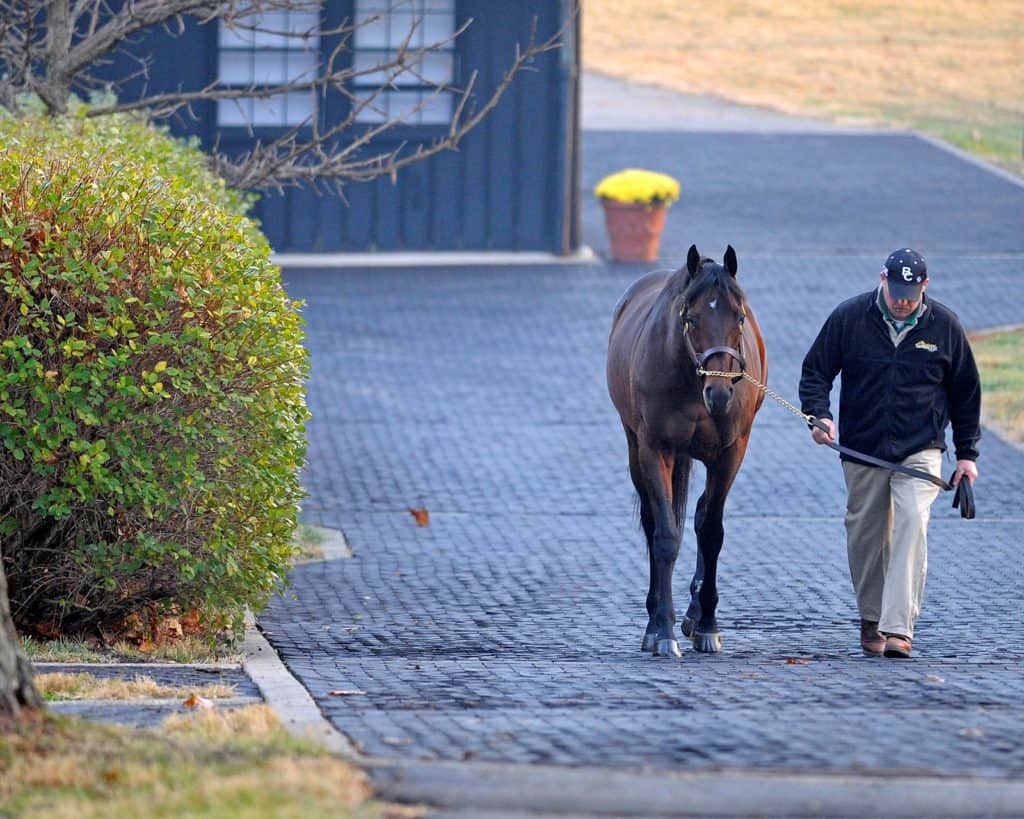
Dr. Nancy Diehl offers advice on keeping stallions happy and safe during routine handling and breeding.

The device could allow researchers to evaluate normal–and abnormal–lying behavior and how it relates to welfare.

Dr. Nancy Diehl addresses common behavior differences between mares and geldings and their causes.
The course can be taken as a standalone course or credited to the University of Edinburgh’s MSc in equine science.
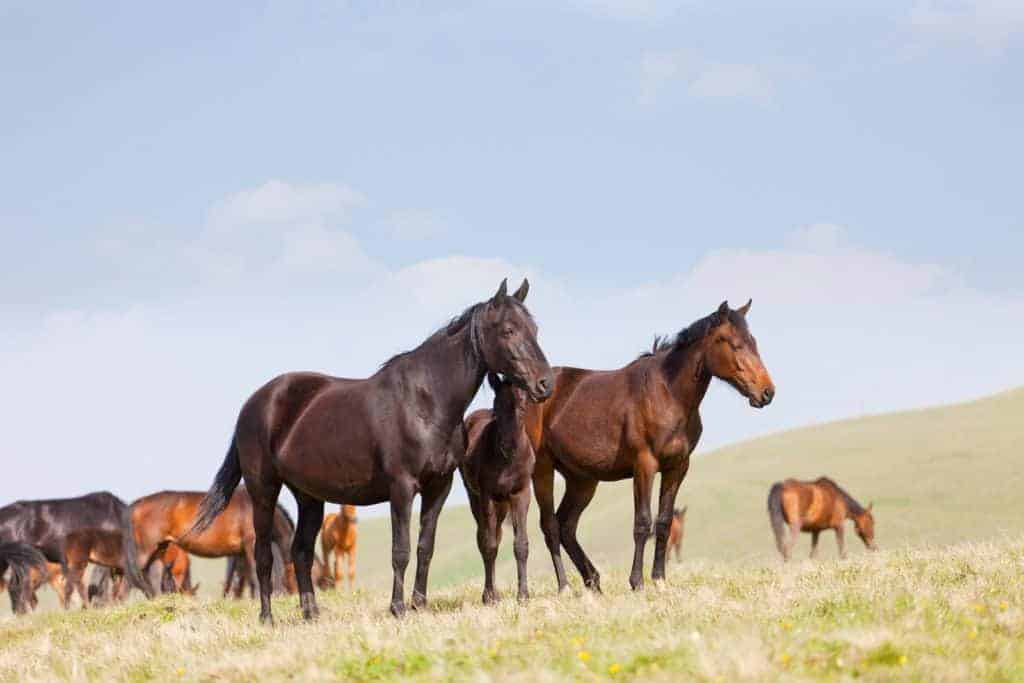
Dr. Nancy Diehl shares her thoughts on dominance in horses and using the term “alpha” to describe a lead horse.
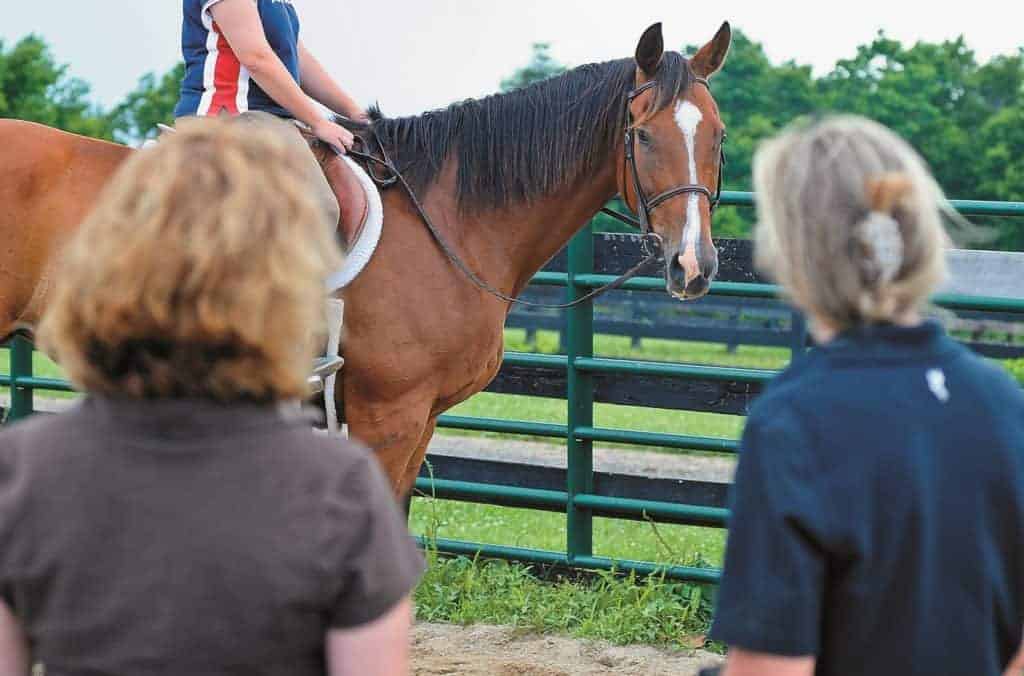
Dr. Nancy Diehl weighs in on how to tell if a horse is intelligent, or whether he’s inherently good or bad.
Stay on top of the most recent Horse Health news with
"*" indicates required fields